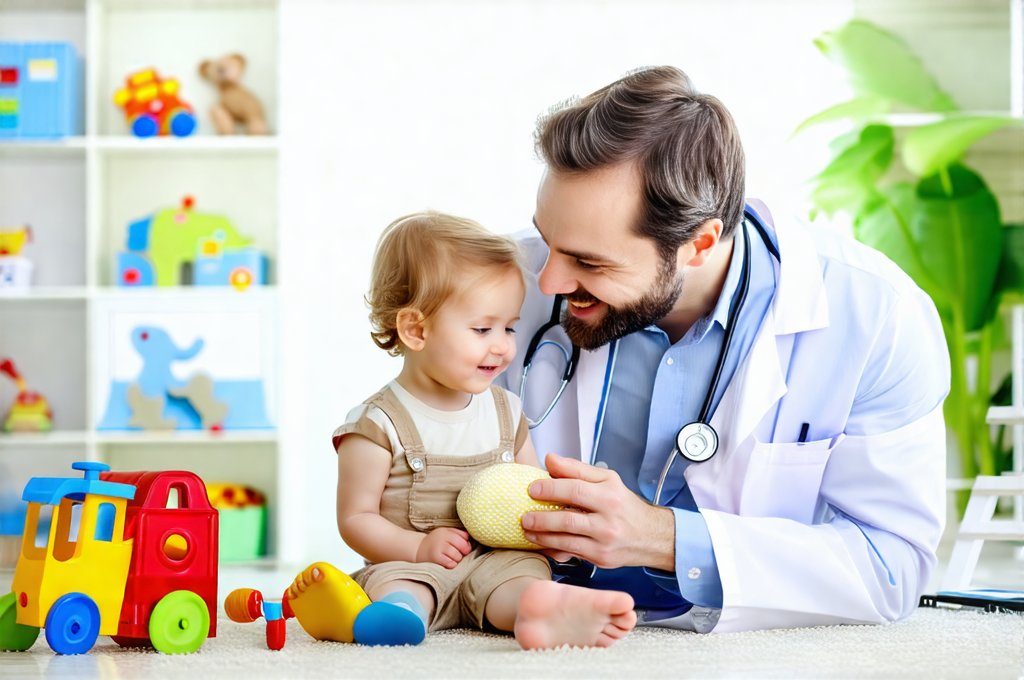The intricate development of a child is a fascinating process, often marked by predictable milestones in areas like motor skills, language acquisition, and social-emotional growth. However, sometimes children experience developmental delays, meaning they don’t reach these milestones within the typical timeframe. These delays can manifest across various domains – cognitive, physical, communicative, or adaptive – and their origins are frequently complex, involving a blend of genetic predispositions, environmental factors, and even seemingly unrelated physiological systems interacting in unexpected ways. What is often overlooked is the surprisingly strong connection between overall development and seemingly separate bodily functions like bladder control. This article will explore the nuanced relationship between learning delays and bladder development, examining how one can influence the other, and what considerations are important for caregivers and professionals supporting children facing these challenges.
Understanding that developmental progress isn’t a rigid checklist is crucial. Children develop at their own pace; however, significant or persistent deviations from expected norms warrant attention. A delay in one area doesn’t necessarily predict delays in others, but it can signal underlying vulnerabilities or differences in neurological maturation. This is particularly important when considering bladder development because achieving full bladder control isn’t simply a matter of physical readiness – it requires cognitive understanding, consistent communication, and the ability to recognize bodily cues, all skills that can be directly impacted by broader developmental delays. The interplay between these factors creates a complex picture that deserves careful consideration in assessing and supporting children’s needs.
Bladder Development: More Than Just Physiology
Bladder development is often thought of as purely biological – a matter of the bladder growing to sufficient capacity and the nervous system developing the necessary signals for urination. While physical maturation is essential, it’s far from the whole story. It’s a process intricately linked with cognitive abilities, sensory processing, and learned behaviors. A fully developed bladder isn’t useful without the ability to recognize fullness cues – internal sensations that signal the need to urinate. This recognition relies on interoception, or the sense of what’s happening inside your body, which is itself tied to brain development and sensory integration skills.
Furthermore, achieving dryness requires a level of cognitive control: understanding expectations (from parents or caregivers), planning when and where to use the toilet, delaying urination when appropriate, and communicating needs effectively. These are all executive functions – higher-level cognitive skills that develop gradually throughout childhood and are often delayed in children with broader developmental challenges. Children need to be able to understand instructions, remember routines, and inhibit impulses; these capacities are not automatic but built over time through experience and learning.
Finally, the social aspect of toilet training is significant. Children learn from observing others, receiving positive reinforcement, and understanding the cultural norms surrounding toileting behaviors. Delays in social-emotional development can impact a child’s ability to engage in this learning process effectively, making it more challenging to achieve consistent dryness. This illustrates why bladder control isn’t just about anatomy; it is inextricably linked with overall developmental progress. It may be helpful to understand [how bladder symptoms change with age and how to adapt] (https://urologyinform.com/how-bladder-symptoms-change-with-age-and-how-to-adapt/) in relation to these developmental stages.
The Interplay Between Developmental Delay and Enuresis/Encopresis
Enuresis, or bedwetting, and encopresis, the inappropriate passage of stool, are common challenges in childhood, but their prevalence increases significantly among children experiencing developmental delays. It’s essential to differentiate between primary enuresis (never having achieved nighttime dryness) and secondary enuresis (regression after a period of dryness). Similarly, encopresis can be primary or secondary, often linked to constipation issues. While these conditions can have various causes, including genetic factors and anatomical abnormalities, they are frequently associated with delays in cognitive, sensory, or emotional development.
Children with developmental delays may struggle with the neurological mechanisms necessary for consistent bladder control. For example, a child with impaired sensory processing might not accurately perceive bladder fullness cues, leading to accidental wetting. A delay in language development could hinder their ability to communicate when they need to use the toilet. Cognitive challenges can impact their understanding of routines and expectations surrounding toileting. These factors create a feedback loop where ongoing accidents can lead to frustration, anxiety, and further delays in achieving dryness. It’s important to be aware that [how bladder sensitivity increases with age — and how to counter it] (https://urologyinform.com/how-bladder-sensitivity-increases-with-age-and-how-to-counter-it/) can also play a role, impacting the child’s experience of these sensations.
Moreover, children with developmental delays may experience difficulties with emotional regulation. The stress and shame associated with accidents can exacerbate existing emotional vulnerabilities, potentially leading to behavioral problems or withdrawal. It is vital for caregivers to approach these challenges with empathy and understanding, avoiding punishment or shaming that can worsen the situation. Instead, focus on providing consistent support, positive reinforcement, and strategies tailored to the child’s individual needs and developmental level. Understanding [why you should track your bladder flares and how to do it] (https://urologyinform.com/why-you-should-track-your-bladder-flares-and-how-to-do-it/) can also help identify patterns and triggers for accidents.
Recognizing Signs and Seeking Support
Identifying potential issues early is crucial. While occasional accidents are normal during toilet training, persistent enuresis or encopresis, especially when accompanied by other developmental concerns, should prompt further investigation. Some red flags to watch for include: – Frequent daytime wetting despite seeming cognitively aware of bladder sensations – Nighttime wetting that continues well past the typical age range (beyond 5-7 years) – Constipation and associated fecal soiling – Difficulty communicating needs or expressing discomfort – Resistance to toilet training or anxiety surrounding toileting – Significant delays in other areas of development, such as language, motor skills, or social interaction.
It’s important to consult with a healthcare professional – typically a pediatrician – who can assess the child’s overall developmental status and rule out any underlying medical conditions. The pediatrician may recommend further evaluation by specialists, such as a pediatric urologist, gastroenterologist, or developmental psychologist. A comprehensive assessment should include a detailed history of the child’s development, toileting habits, and emotional well-being. This collaborative approach ensures that all potential contributing factors are considered and addressed appropriately.
Strategies for Support and Intervention
Supporting children with both learning delays and bladder control issues requires individualized strategies tailored to their specific needs. One-size-fits-all approaches rarely work effectively. – Visual Supports: Utilizing visual schedules, picture cards, or social stories can help children understand routines and expectations surrounding toileting. This is especially helpful for children with cognitive or communication challenges. – Positive Reinforcement: Focusing on praising successes and providing encouragement rather than reprimanding accidents helps build confidence and motivation. Reward systems should be age-appropriate and focused on effort rather than outcomes. – Behavioral Modification Techniques: Techniques like scheduled voiding (regularly prompting the child to use the toilet) can help establish a consistent routine and improve bladder control, but should always be implemented with sensitivity and understanding. – Addressing Underlying Constipation: If constipation is present, addressing it is crucial as it often exacerbates encopresis and can impact bladder function. Dietary changes, increased fluid intake, and potentially medication may be necessary.
Importantly, patience and consistency are key. Progress may be slow and setbacks are inevitable. Caregivers should work closely with healthcare professionals to develop a plan that is both supportive and realistic, recognizing the child’s individual challenges and celebrating small victories along the way. It’s also essential to remember that accidents are not intentional; they are often a consequence of developmental factors beyond the child’s control.
The Importance of a Holistic Approach
Ultimately, addressing bladder development issues in children with learning delays requires a holistic approach. This means considering the whole child – their cognitive abilities, sensory processing skills, emotional well-being, and social context. Simply focusing on the physical aspect of bladder control is insufficient; it’s necessary to address any underlying developmental challenges that may be contributing to the problem.
Collaboration between parents, educators, therapists, and healthcare professionals is essential for creating a supportive environment where children can thrive. By understanding the complex interplay between learning delays and bladder development, we can provide targeted interventions that empower children to reach their full potential and achieve independence in all areas of life. It’s about recognizing that every child is unique and tailoring our support accordingly – fostering a sense of competence, confidence, and dignity throughout their developmental journey. Consider also how to [balance fiber intake for bowel and bladder support] (https://urologyinform.com/how-to-balance-fiber-intake-for-bowel-and-bladder-support/) as part of this holistic approach.





















